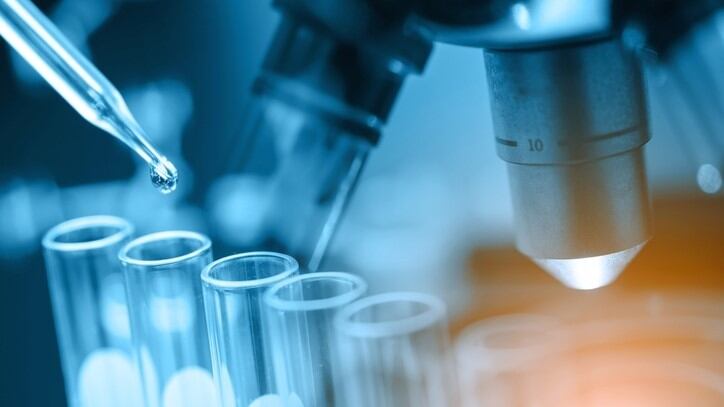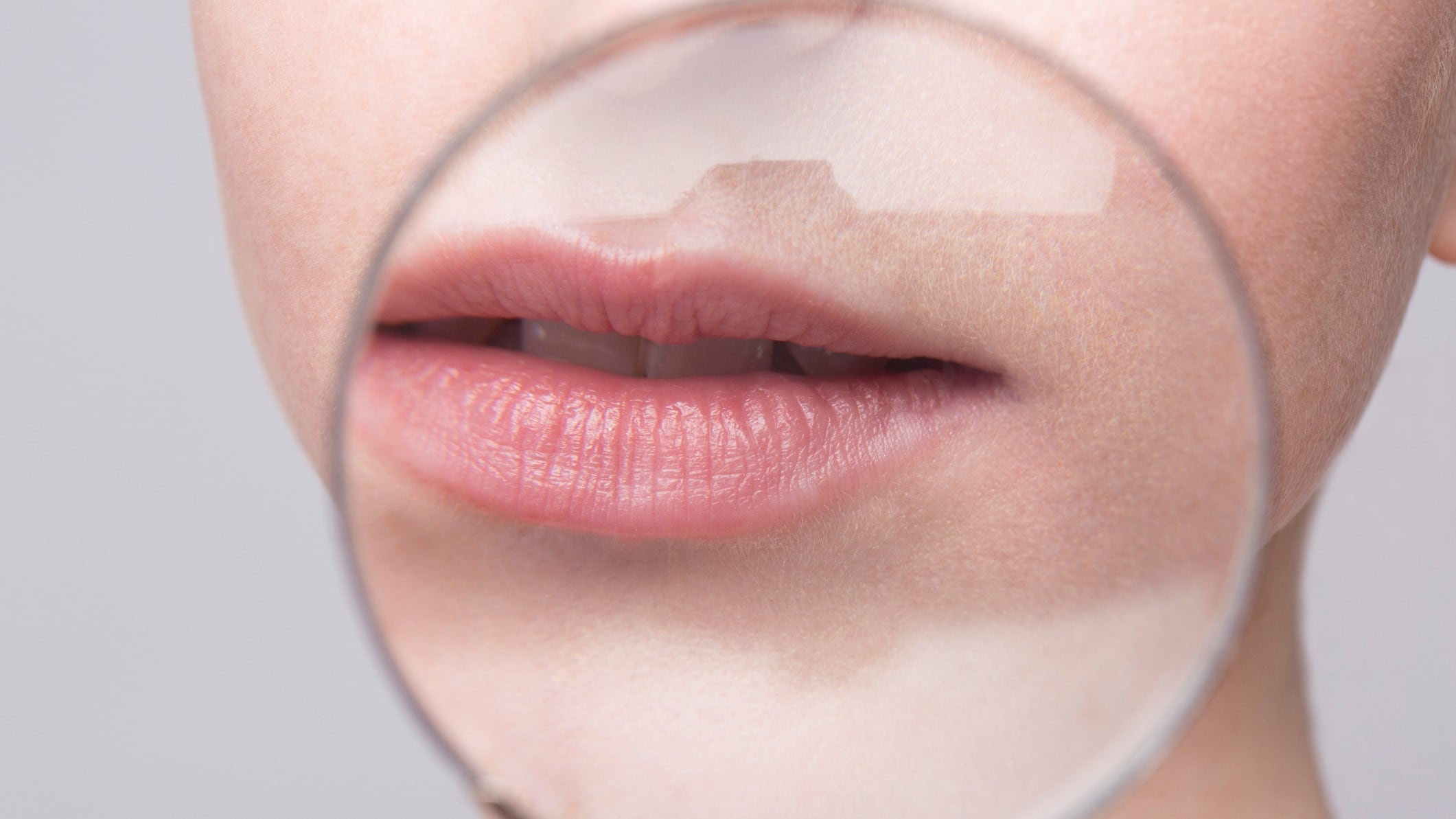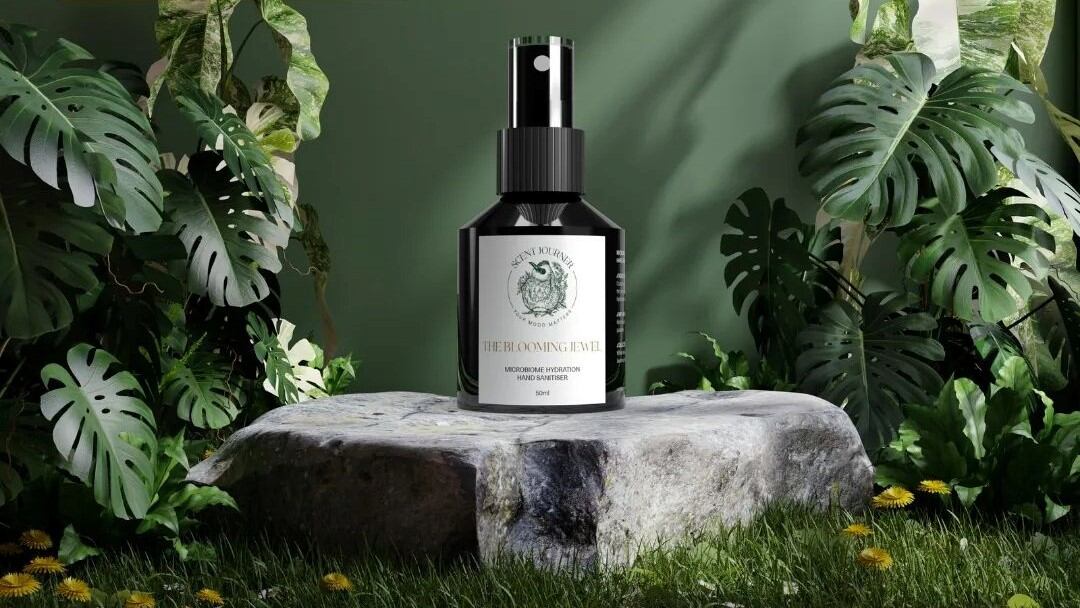Understanding how blue light affects skin health ‘hampered by research methods’ – J&J study
The understanding of how blue light affects skin health is being hampered by lack of standardised research methods, according to a new review funded by Johnson & Johnson in Singapore.
While the scientific understanding of the effects of blue light on the skin has improved in recent decades, it was far from optimal.
“Several factors continue to limit the progress in this field, including variations in the definition of blue light itself,” they wrote.
Biologi’s highlights new research claiming natural vitamin C is better than ascorbic acid
Australian clean cosmeceutical brand Biologi relaunched its vitamin C serum after its research claims to prove that its Kakadu plum-derived vitamin C is superior to ascorbic acid.
The rebrand follows the conclusion of a study jointly conducted with the Centre for Accelerator Science (ANSTO) that compared its Kakadu plum-derived vitamin C with synthetic L-Ascorbic Acid.
It compared vitamin C derived from C3 type plants – such as Kakadu Plum, oranges, and blueberries – to ascorbic acid derived from C4 type plants – such as maize and sugar cane.
The test concluded that Kakadu plum-derived vitamin C was better than synthetic L-Ascorbic Acid.
Grapeseed extract in sunscreen could have anti-ageing benefits for Asians – Thai study
The addition of grapeseed extract in a sunscreen formulation has been found to have anti-ageing effects on Asian skin, improving the overall youthful appearance of skin.
The researchers attributed the skin-lightening effect of sunscreen with grapeseed extract to the high content of polyphenols in grapeseed extract.
It was noted that skin elasticity was difficult to determine given intrinsic and extrinsic factors including age.
Salmon complex moisturiser eases sensitive skin problems caused by face masks
Wearing a face mask causes physiological changes in sensitive skin but applying a salmon complex moisturiser after removing it improved conditions, according to a new study.
After applying the moisturiser, skin redness and TEWL were significantly decreased compared to their values four hours after wearing masks.
The moisturiser used was KAHI Multi Balm, by KOREATECH Co. Ltd. This product contains three types of salmon complex as well as fermented Jeju oil and adenosine to help moisturize the skin and improve wrinkles.
Allozymes claims proprietary tech increases actives yields, boosts sustainability
Biotechnology start-up Allozymes’s claims its proprietary tech gives the cosmetic industry a way to produce natural active ingredients in an environmentally responsible manner, while also reducing cost, time and resources.
Allozyme’s technology allows the company to study and sieve out the right enzymes by using tiny water droplets as vessels so it can move through the hardware.
Combined with its proprietary software, the company is able to screen and sift through the enzymes and find what it is looking for – screening 10 million enzyme variants a day.
Mahogany seeds have skin whitening, antioxidant properties for skincare – Review
Seeds of the Swietenia macrophylla (S. macrophylla) plant, commonly known as the mahogany tree, could be the up-and-coming ingredient for the global cosmeceutical industry.
Based on this review, the S. macrophylla seed extract could be an agent for anti-ageing and is photoprotective when tested across the UVA and UVB spectrum.
The extract could also potentially reverse UVB-induced damage because of its antioxidant and anti-inflammatory properties as shown in previous studies.
Kao and istyle to collaborate on skin RNA database by 2023
Japanese personal care major Kao is partnering with beauty media and retail firm istyle to build a skin RNA database by 2023 with the sebum RNA testing technology it developed.
This joint project would enable Kao to tap into istyle-owned cosmetic portal @cosme’s userbase of 15 million users as well as 17 million reviews on over 360,000 products.
Ribonucleic acid (RNA) collection is expected to begin this spring and both companies are aiming to collate a database of up to 10,000 samples from @cosme members for a start.
This would give Kao the opportunity to delve further into the study of skin RNA, such as identifying characteristics that would allow it better to understand and classify RNA skin types.
How the rise of ‘coral safe’ sunscreen could hinder future formulations
Confusion and misinformation regarding the marine safety of sunscreens can ultimately hinder cosmetic formulators’ ability to develop safe and effective UV protection.
We have seen sunscreen ingredient bans taking effect in locations such as Hawaii, Palau and Thailand and more bans on sunscreen ingredients could disadvantage sunscreen formulations and their ability to protect skin from UV damage.
“If you remove oxybenzone from the formulation, then your major primary UVA protective is gone. If you went down that pathway, you would have an issue with either totally unstable sunscreens which we don't want, or not being able to use probably the cheapest, best, and most widely used UVA absorber that we have,” said Dr John Staton, Scientific Director of SciPharm.
Newly validated properties of Indian Sandalwood creates skin-care and make-up potential
Indian Sandalwood holds a lot of promise as an active ingredient for minimalist skin care formulations and as an inventive alternative for talcum powder in make-up, says Australia-based sandalwood supplier Quintis.
Indian Sandalwood oil can tap into shift towards more a minimalist approach and offering more benefits to the consumer with fewer ingredients.
The firm is currently exploring the use of finely milled Indian Sandalwood as a powder that would potentially be able to replace talcum.
With so much potential for Indian Sandalwood beyond perfumery, Quintis is expecting demand for it to grow moving forward.
Aussie researchers to study if high-factor sunscreen leads to vit D drop
A world-first large-scale trial in Australia will assess if wearing high-factor sunscreen prevents healthy vitamin D production.
The Sun-D trial is being spearheaded by researchers at The QIMR Berghofer Medical Research Institute in Brisbane.
Half of the participants will be given SPF50+ sunscreen to apply every day, while the other half will continue with their usual sun protection behaviour.





